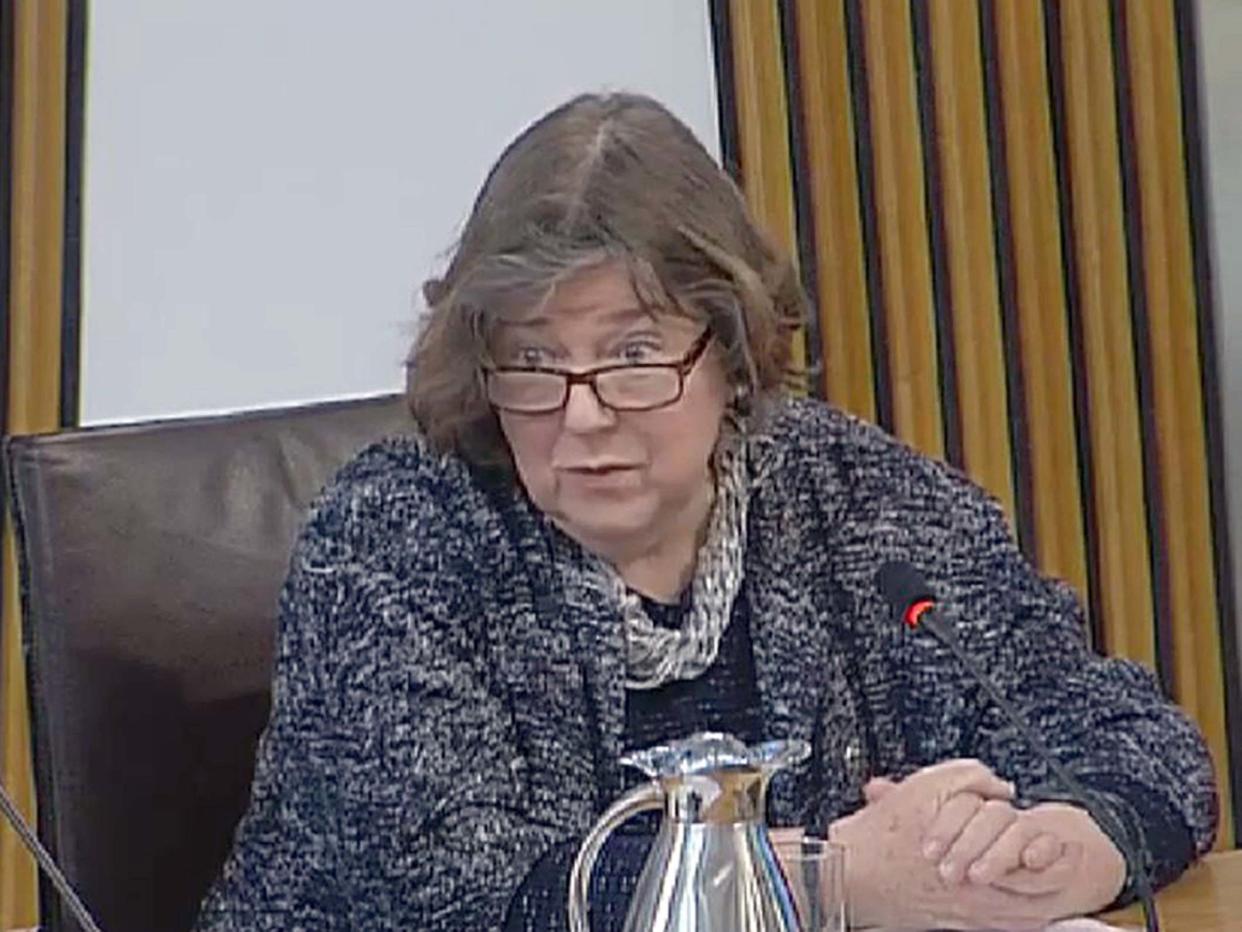Coronavirus: Leading ex-nurse says pandemic would be ‘useful’ in solving bed blocking by killing off patients

A coronavirus pandemic could be “quite useful” in clearing bed blocking in hospitals by killing off patients, a leading former nurse has claimed, while admitting her remarks would be seen as "horrific".
Professor June Andrews said Covid-19 could help hospitals with delayed discharges because these people would be “taken out of the system”.
The former director of the Scottish government’s Centre for Change and Innovation acknowledged the controversial tone of her comments but said they represented the kind of strategic view needed to deal with the circumstances. Prof Andrews later said she had intended her remarks to be ironic.
Speaking at a Scottish Parliament audit committee, she said: “As a nurse my job is to be kind, but I also rip off sticking plasters, so sometimes it seems unkind what you have to say.
“If you’re on the board of a care home company a pandemic is one of the things you think about as a potential damage to your business because of the number of older people it is going to take out the system.
“Curiously, ripping off the sticking plaster, in that hospital I’m thinking about that has 92 delayed discharges, a pandemic would be quite useful because then your hospital would work because these people would be taken out of the system.
“Now that sounds like a horrific thing to say, but it is the case that somehow or other we have put people in the wrong places by not having the kind of strategic views we should have.”
Prof Andrews, who is an adviser to the Dementia Services Development Trust, said she had since been targeted by people online for her comments.
“The one thing I had learned from this is I should never use irony,” she said.
“I was asking the question about what the politicians were expecting to happen; do they just expect the old people to disappear.”
In total, 163 people in the UK had tested positive for Covid-19 as of Friday morning, up from 115 cases reported at the same time on Thursday.
More than 100,000 people have now been infected worldwide, and the outbreak has killed 3,400 across 90 nations.
The UK reported its first death linked to Covid-19 on Thursday after a woman, believed to be in her 70s, died after being diagnosed with the virus at the Royal Berkshire Hospital in Reading.
Health secretary Matt Hancock confirmed a second death on Friday after an “older” man with “underlying health conditions” died.
It is understood the man, who is believed to have died at a hospital in Milton Keynes, tested positive for the disease in an initial screening. More tests are due to be carried out.
Additional reporting by Press Association
Read more
What are symptoms of coronavirus – and where has it spread?
Latest travel updates as coronavirus continues to spread
Can face masks really protect you against coronavirus or flu?
The dirty truth about washing your hands

 Yahoo News
Yahoo News 
